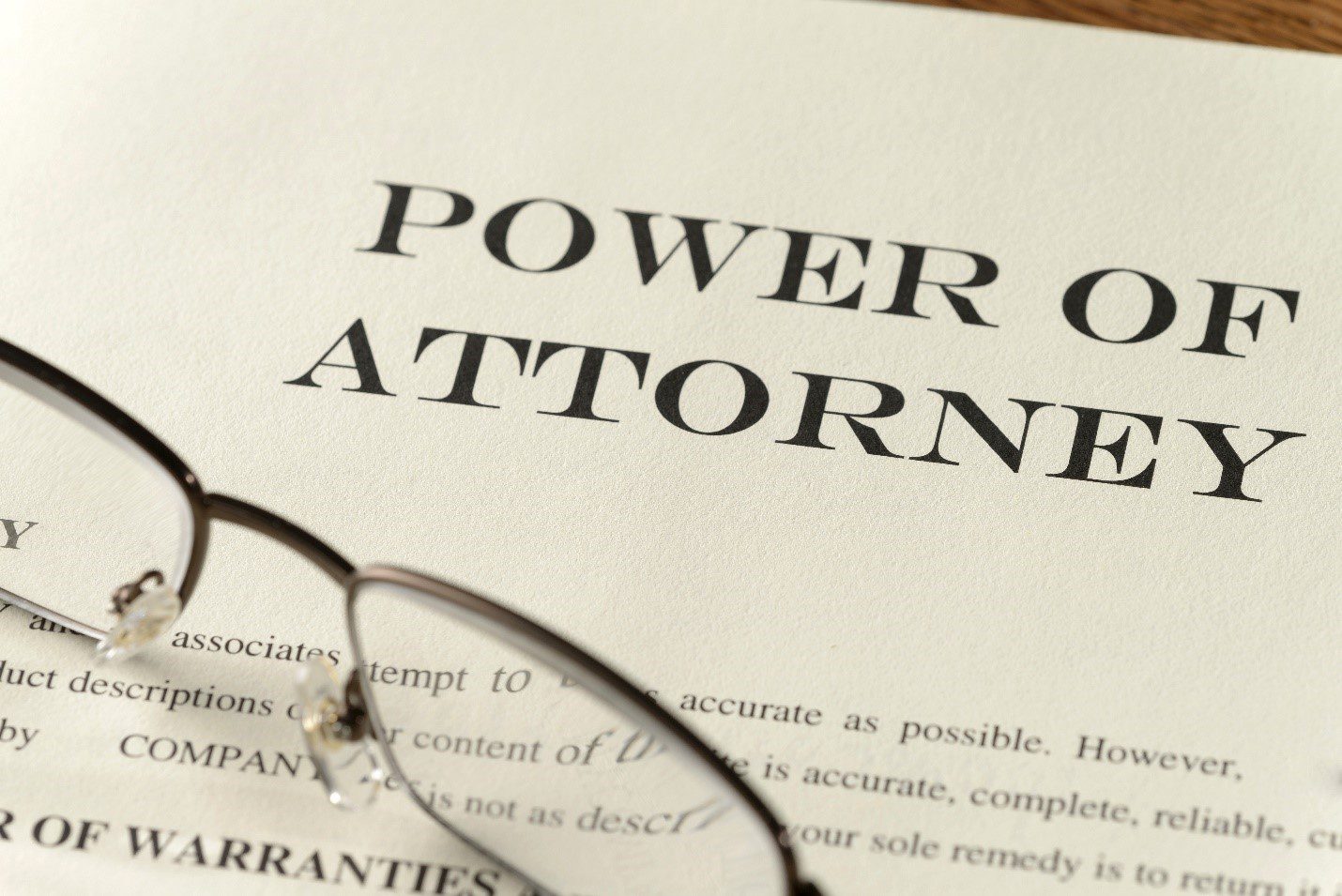Your Complete Guide to Estate Planning – CHAPTER 3
In discussing essential documents in Chapter 1 of our Complete Guide to Estate Planning, we took a brief look at trusts and gave some basic information about how these arrangements can be confusing or problematic. There are a vast number of different types of trusts, and unfortunately, they are often marketed and sold to individuals who do not actually need them to accomplish their estate planning goals.
Today’s post digs a little deeper into what distinguishes a few of the different types of trusts from one another so you can begin to understand whether you might want to include a trust in your unique estate plan to account for a specific financial goal. One word of caution, however—setting up trusts is not something you should attempt without guidance from a seasoned estate planning attorney. Taking a DIY approach to estate planning, and especially to establishing trusts, will likely create problems for your loved ones later, and can also easily result in greater ongoing tax expenses for the rest of your life.




